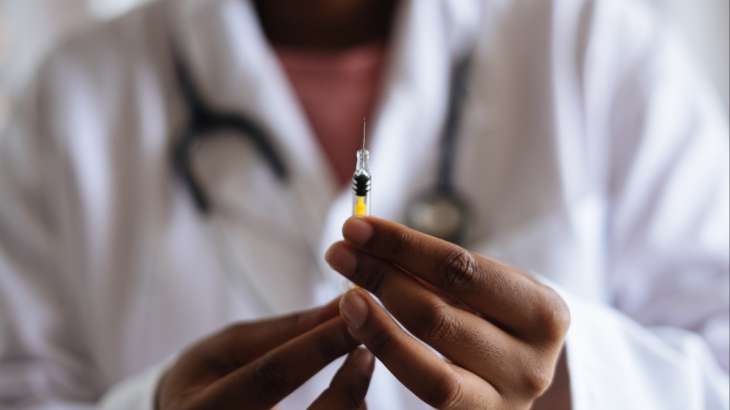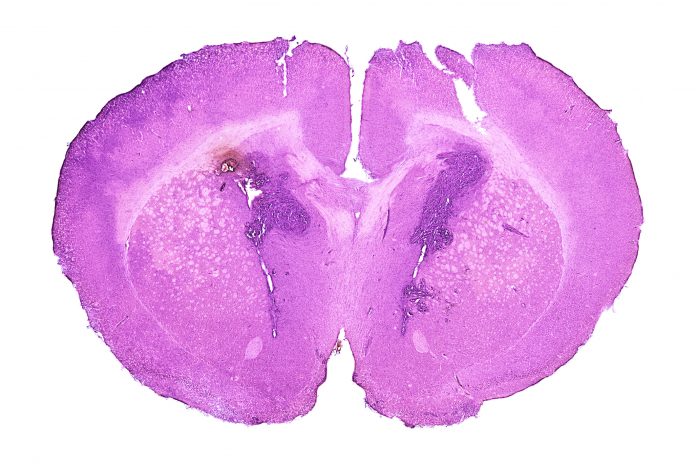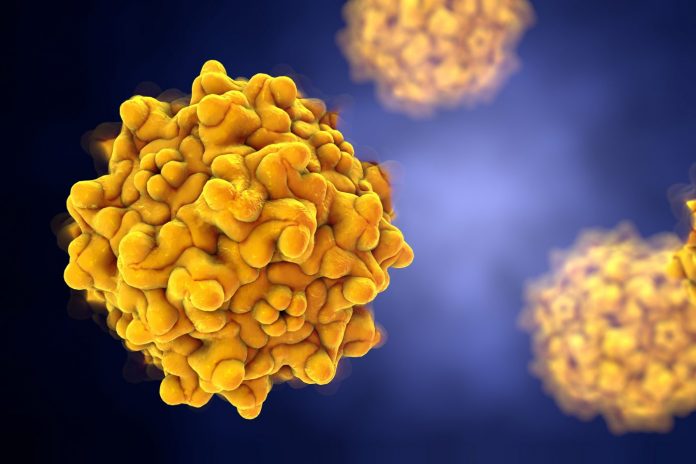
A groundbreaking study conducted by researchers at the University of Chicago’s Pritzker School of Molecular Engineering (PME) has unveiled the potential of an innovative “inverse vaccine” capable of completely reversing autoimmune diseases, including multiple sclerosis and type 1 diabetes, without compromising the overall immune system. This novel approach is poised to revolutionize the treatment of autoimmune disorders.
Conventional vaccines function by instructing the human immune system to identify a virus or bacteria as a threat that needs to be combated. However, the newly developed vaccine takes a radically different approach, erasing the immune system’s memory of a specific molecule.
In autoimmune diseases such as multiple sclerosis, type I diabetes, and rheumatoid arthritis, the immune system erroneously targets and attacks the body’s healthy tissues. The inverse vaccine seeks to halt these destructive autoimmune reactions without interfering with the body’s ability to combat infections.
Published in the journal Nature Biomedical Engineering, the research harnessed the natural mechanism of the liver, which tags molecules from naturally decomposed cells with “do not attack” signals to prevent autoimmune responses to cells that perish through normal processes.
The vaccine pairs an antigen—a molecule under immune attack—with a molecule resembling a fragment of aged cells, signaling the liver to recognize it as a friend rather than an adversary.
Researchers successfully demonstrated the vaccine’s efficacy in halting autoimmune reactions akin to those associated with multiple sclerosis.
Jeffrey Hubbell, the Eugene Bell Professor in Tissue Engineering and lead author of the study, expressed the significance of this breakthrough, stating, “In the past, we showed that we could use this approach to prevent autoimmunity. But what is so exciting about this work is that we have shown that we can treat diseases like multiple sclerosis after there is already ongoing inflammation, which is more useful in a real-world context.”
Presently, autoimmune diseases are predominantly treated with broad-spectrum immunosuppressive drugs. While effective, these treatments also inhibit the immune responses required to combat infections, leading to various side effects.
Hubbell elaborated on the potential advantages of the inverse vaccine, noting, “If we could treat patients with an inverse vaccine instead, it could be much more specific and lead to fewer side effects.”
Preclinical work has already advanced to the initial phase I safety trials of an antigen therapy based on this groundbreaking research in individuals with celiac disease, an autoimmune disorder linked to the consumption of wheat, barley, and rye. Furthermore, phase I safety trials are currently underway for multiple sclerosis, marking promising progress in the field.
These trials are conducted in collaboration with Swiss pharmaceutical company Anokion SA, which provided funding for this research. Jeffrey Hubbell is a co-founder of Anokion SA and holds positions as a consultant, board member, and equity holder in the company.
Hubbell emphasised, “While clinically approved inverse vaccines are not yet available, we are incredibly enthusiastic about advancing this technology to benefit patients in the future.” This groundbreaking approach may herald a new era in the treatment of autoimmune diseases, offering renewed hope to countless individuals worldwide.
Also read | ‘Aditya L1 has moved beyond sphere of Earth’s influence’: ISRO
Also read | US scientists develop ultra-light material stronger than steel










